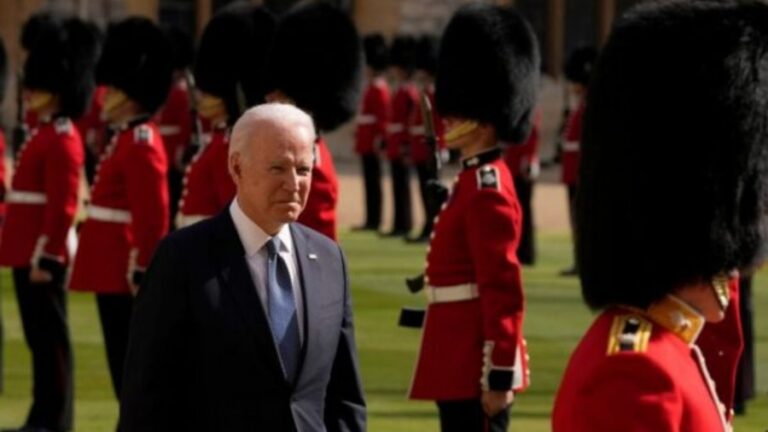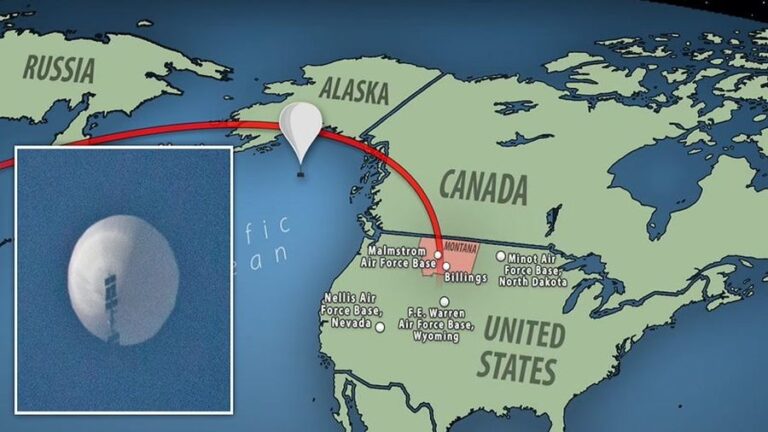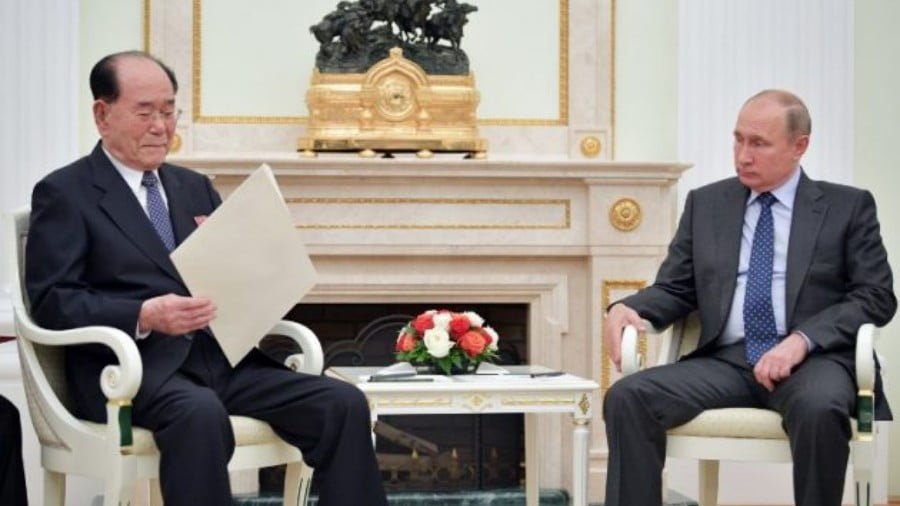Brexit Was Johnson’s Churchillian Moment. So Britain Can Now Have Its Cake and Eat It?
Britain got its independence back and got the best trade deal it could hope for with Brussels. Too good to be true?
There was a great deal of bluffing on both sides, right up to the line. But the Brexit deal, finally nailed on Christmas eve, was ultimately a considerable victory for Britain and a loss on many levels to the EU. Even the most EU-friendly Financial Times had to swallow hard on the day and admit that Boris had done very well indeed and that Britain got what it wanted: sovereignty
Although the word itself could not even be pronounced properly on the day by Commission president Ursula von der Leyen, even she had to concede that the UK had reached its goal. Britain now will no longer be linked to EU courts and will take back most of its coastal fishing waters but as a compromise to getting the goose that laid the golden egg – zero tariffs and total access to the EU single market – Britain had to bite the bullet. Even Boris Johnson couldn’t secure a deal where the UK would “have its cake and eat it” and the British team of negotiators were forced to agree to signing up to a deal with Brussels which allowed the EU to protest where it saw unfair advantages given to UK firms.
The devil is in the detail. The draft deal includes a new arbitration mechanism which is supposed to guarantee a level playing field between the two sides, with “provision for sanctions in the form of tariffs if either side seriously undercuts the other’s regulations in areas such as environmental protection”, according to the FT.
And so, Britain got its independence back and got the best trade deal it could hope for with Brussels. Too good to be true? Indeed, hardcore eurosceptics will pour over the entrails of the last-minute deal and see that the myth of Brexit is the delusion of sovereignty. Ultimately, if it comes down to the UK keeping in line with thousands and thousands of EU directives for its companies, then many will argue that Britain has broken free, but still keeps its proximity in many ways to the EU. The soft Brexit that Theresa May would have liked but didn’t have the negotiating zeal to pull off herself. Who could forget the tears in front of the Downing Street steps?
And it’s this which the EU will seize upon in the coming weeks and months when it churns out tomes of its own propaganda, to offset any stirring interest from other EU member states mulling the idea of a Brexit of their own. Particularly for EU countries which have less industrial clout, the argument will be “you will lose all the billions in grants, but will still be obliged to keep your companies aligned to EU rules and your government to EU state aid rules”. Keeping the so-called ‘level playing field’ is euro jargon for “even if you’re out, you still can’t benefit from government handouts or rescue plans and if you don’t respect EU company law, you’ll be fair game for arbitration”.
And therein lies the small print which the Brexit lions in the UK media will not be too keen to study. Yes, Britain takes back control of its borders, its decision-making process, the ability to cut new deals with countries around the world, but in the coming years Brussels will become a new euphemism for “trade disputes”. If the UK does well, in any sector, the EU has the mechanism now to cry foul play – with or without justification – and ultimately impose tariffs where it sees fit. If the UK explodes as a tiger economy in the coming years – as many economists believe it can – then the EU will be ready to pounce. Boris Johnson, who always modelled himself on being a one deal, one term Churchillian PM, will not be the key figure in Brexit, but rather future leaders who will be judged by their diplomatic skills in honing key areas of the deal, like services, and keeping the disputes with Brussels to a minimum. Boris is done. He has pulled off what he was required to do and played a deft negotiating hand with Brussels and secured not a bad Brexit deal at all, but not one which is quite as euphoric as the tory press machine is pushing.
His victory as PM will be short-lived as British voters, historically, tend to be short-sighted when it comes to giving gratitude at the ballot box. Like Churchill, once the war is over, they will want a new leader. But Boris should be remembered for showing the world how weak and vulnerable the EU is. The last-minute dirty tricks, the panicking, the chaos at times and most of all the egregious bluffing have all left a mark on the EU’s reputation as at best a wannabee super power. World leaders have watched and witnessed how the EU started off as a lion prowling and threatening but was reduced at the last moment to the role of farcical playground bully who, when it came to the scrap, threw his arms around you and invited you back home for tea and lardy cake. Indeed, there is some victory to be acknowledged for France and Germany which, importantly, won’t lose anything now from a no deal scenario in key sectors. But on really big areas, the EU backed down and caved in as the euro myth in Brussels that the EU had so much less to lose than the UK was finally put to bed. Appeasing the UK and keeping it close to the EU was the only really sensible option for Brussels which in the end didn’t have the balls for the UK crashing out of the EU and basking in the glory of being an EU pariah while it forged a single market of its own with the U.S., Canada and Australia.
British people and certainly British businesses can breathe a sigh of relief. The panic and fear can be put aside. But the real Brexit deal – and its darker side – will not be found in the British press in the coming days which is largely euphoric. Even pro-EU broadsheets had swallowed the story of a no deal Brexit coming (when 90% of the deal had been agreed weeks earlier and both sides were complicit in a fake news stunt) and can’t quite believe a deal which looks like Britain keeps its access to the EU market has been struck. Much has been left out. What, for example, is to happen to the 100 bn euro Brexit divorce bill? Or was that just more Barnier BS?







